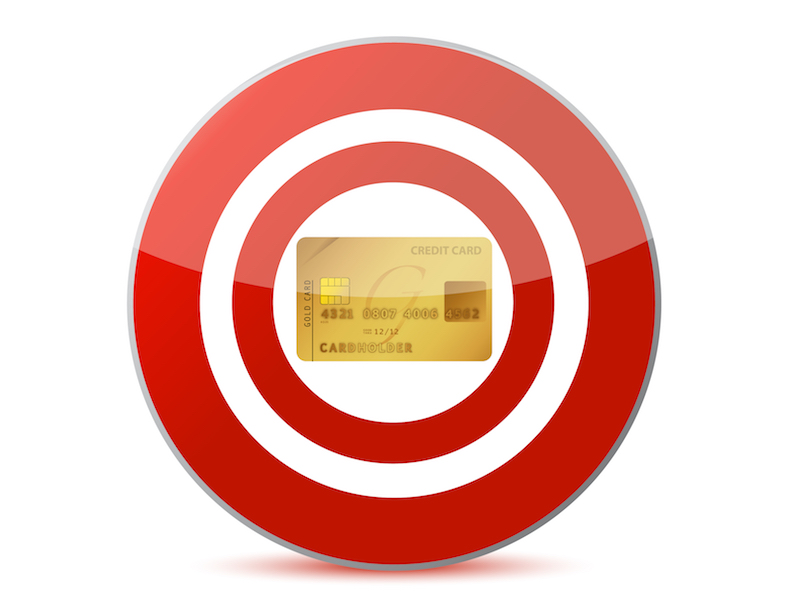Most of us are fairly generous people, and we want to help a family member or friend when we can. But the fact is, a person who can’t get a personal loan from a traditional source often has damaged credit or no credit, both of which make such a borrower a greater credit risk. (There are also loans for bad credit, but perhaps this person has yet to apply for one.)
For the record, I believe that lending money to friends and family is far preferable to cosigning a loan for someone who can’t qualify on his own. Cosigning creates a false sense of security: You think the primary borrower is responsible for the loan, and that you, as a cosigner, are not. In fact, when you cosign a personal loan, for example, you are on the hook for the whole cost. Even if it is paid on time, your credit score will be affected by the loan if it is reported to the credit bureaus.
All warnings aside, there are times when you may be asked to loan money to someone you know for any number of reasons. These can include:
- Capital to start or grow a small business
- Help for wedding debt
- A down payment or loan so your child or relative can purchase a home
- Money to help someone get back on his or her feet after a divorce, illness or other catastrophe
If you are going to lend money to someone you know, you might as well increase your chances for success. But before we get into that, let’s make one thing clear: Your friends and family do have some options.
Can You Get a Personal Loan With Bad Credit?
If they’re in need of extra funds, but their credit is not in great shape, they can try to apply for personal loans for bad credit. This will entail gathering personal information, including their credit score, as well as proof they can pay the loan back. After spending some time researching minimum credit score requirements for personal loans from lenders in their area, they may feel confident enough to apply for a loan. (Note: if they have a good relationship with their bank or credit union, they may want to start their search there.)
Of course, these personal loans will likely carry higher interest rates, so your loved one may want to try brushing up their credit before applying. To get started, they can pull their free credit report snapshot, updated every 14 days, on Credit.com. The snapshot provides two free credit scores, along with notes on what they can do to improve their scores. However, in general, you can raise a credit score by paying down high credit card balances, disputing credit reports errors and using a starter line of credit, like a secured credit card or credit-builder loan, to establish a solid payment history.
If directing your friends and family to a personal loan is out of the question, here are some tips for lending money the smart way.
- Set a Fair Interest Rate This can work in your favor as well as the borrower’s. The interest rate you charge can still be competitive with the rate your borrower can get from a traditional lender but high enough that you make more money than you would if you parked your money in a safer bank account. If your borrower balks at being charged interest, you might want to blame it on the Internal Revenue Service. That’s because if you give someone more than $12,000 in a year, it will likely be treated as a gift and subject to gift tax. To avoid this potential complication on a larger loan, you must charge an interest rate that is at least as high as the IRS’ Applicable Federal Rate, which is set monthly.
- Get Your Agreement in Writing When you loan money to friends and family, it’s best to get your agreement in writing. But if you think it is “uncomfortable” to insist on a written loan agreement, think of how uncomfortable you will be trying to collect if your borrower falls behind. If you must, blame it on your spouse, accountant or someone else who “insists you get it in writing.” You can find a sample promissory note online or in a legal forms book, or if the amount is large enough, you can ask an attorney to draft it for you. Spell out the terms, including how much is being borrowed, the interest rate, late payments and when they will be assessed, and how and where payments will be made.
Set up a Formal Payment Arrangement
Let’s face it: It will be easier for your borrower to make a late payment to you than to his or her other creditors. And I doubt you want to become a debt collector. So include in your agreement the details of when payments are due, late fees that will be charged and how you want payments to be made (by check or PayPal, for example). I don’t recommend taking cash, which is harder to track. I do recommend that you set up a copy of any checks or money orders in a file in case there is a disagreement about payments that were made later. Go a step further to arrange automatic deductions from the borrower’s bank account to yours, and you won’t have to worry about whether the check is in the mail. See more money management tips.





